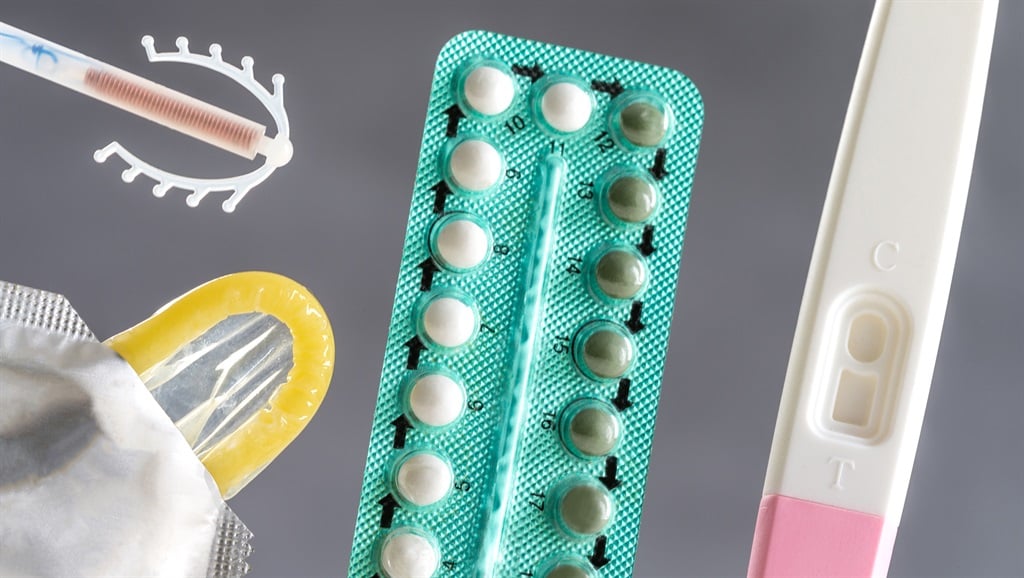
As the government waits for public comments on the proposed national policy on the prevention and management of learner pregnancy in schools, it’s fitting to highlight how access to sexual and reproductive health services is critical for the health and development of women and young girls. This includes access to family planning and safe abortion services, which can help delay the first birth, prevent unintended pregnancies and reduce unsafe abortions. Sonke Gender Justice’s Director of Programmes, Angelica Pino, says we need to have a frank discussion about these realities and take necessary action.
Youth Month has just come to a close, and tragic stories of abuse are still plaguing our media. In KwaZulu-Natal, a 10-year-old girl was rescued from a nightmare at the hands of her stepfather. She had been locked in a room, where she was raped, sexually groomed and exposed to pornography. This shocking ordeal spanned five years across two provinces.
This is the latest in a series of horror stories of sexual violence meted out against young women in our country. In 2016/17, the South African Police Services recorded 39 828 rape cases, which is 109 cases reported daily.
When young girls become victims of rape, the odds of them becoming HIV-positive also increase. When they fall pregnant, they face serious challenges in finishing school or getting a job.
Statistics show that in the 15-24 age group, HIV incidence is more than four times higher in females than males, while one in three women in this age group experiences an unintended pregnancy before the age of 20. This is the reality faced by women and girls in a country with some of the most progressive legislation and policies on sexual and reproductive health and rights in the world. Why and how have we failed our youth in this way?
There are gaps in young women’s understanding of their legal rights, and they often lack information regarding emergency contraception and abortion, as well as regarding sexual health and risks. While most teenage pregnancies tend to occur over the age of 16, a majority of them are unintended or unplanned.
It has been found that teenage mothers have little or inadequate knowledge about contraceptive methods beyond pills and injections. Other methods such as the intrauterine devices (IUDs) are completely unknown. High rates of unprotected sexual activity have also resulted in increased levels of sexually transmitted infections (STIs) among adolescents.
This situation is compounded by the lack of male participation in adolescent sexual and reproductive health and rights programmes, as adolescent boys are either unaware or not interested in the implications of their non-involvement for themselves, their partners and family. This attitude can be attributed to patriarchal notions that consider sexual and reproductive health issues to be “women’s responsibility”, leaving young men “off the hook” and free of responsibility when, for instance, pregnancies occur.
Society at large and health service providers are also oblivious to the needs of young people when it comes to sexuality education and rights. We know that young people are sexually active. Yet, research informing the national adolescent sexual and reproductive health and rights framework strategy has shown a deep reluctance by communities and healthcare providers to acknowledge adolescents’ sexual curiosity and need for services.
The lack of youth-friendly sexual and reproductive health services actually impacts adolescents in more adverse ways – especially victims of sexual violence and rape – who do not always access emergency services such as Post-Exposure Prophylaxis (PEP) and safe abortions.
A study released in July 2016 explored South African adolescents’ knowledge of abortion legislation and attitudes to abortion. It found that while the majority of those sampled were aware that abortion was legal in this country, they demonstrated a lack of knowledge on specific aspects of the legislation. The study rightfully suggested that recognition of adolescents’ right to information is central to responsible decision-making among the youth around sexual and reproductive health issues. There is thus a need for raising awareness about critical sexual and reproductive health services amongst adolescents.
Our government needs to step up and prioritise sexual and reproductive health as an important element of adolescent health. As a country, we need to strengthen our existing initiatives, policies and legislation. We need to allocate more funding to our programmes to ensure that our clinics don’t run out of sexual and reproductive health commodities such as contraceptives and safe abortion commodities. We also need better integration of health interventions specifically targeted at adolescents to make them more effective.
Better and regular training in emergency procedures must be given to healthcare providers to enable them to save the lives of women, especially those who are victims of rape and unsafe abortions. Providers must offer compassionate and comprehensive sexual and reproductive health services, including family planning, contraception and safe abortion services, as well as information to all adolescents.
Access to sexual and reproductive health services would also improve when we increase comprehensive sexuality education in the education sector. An eager and captive audience awaits in all schools across the country, youth of all genders who – provided with the right information – will become empowered drivers of their sexual lives.
As the public debates ensue, we must think about our youth and their needs and rights in a holistic manner. Parents, teachers, religious leaders and communities need to have open conversations about sexual and reproductive health and not treat it as taboo. Providing guidance on how to have a responsible, fulfilling and healthy sexual life – free from violence and discrimination – is a duty we all have towards our youth.
The public can send their comments on the policy in writing by sending an email to pregnancypolicy@dbe.gov.za or fax to 012 328 8401. The closing date for all comments is July 30.
• Angelica Pino, director of programmes at Sonke Gender Justice, has been working in the human rights movement as a lawyer and activist since the 1980s.




 Publications
Publications
 Partners
Partners









